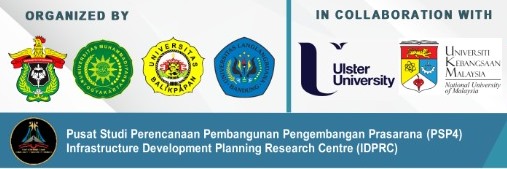Implementation of Artificial Intelligence in Traffic Engineering Management; A Short Review
Keywords:
Artificial Intelligence, Traffic Engineering ManagementAbstract
Several technologies, including fuzzy logic, Q-learning, neural networks, the internet of things, and evolutionary algorithms, are commonly used to solve this topic in an effort to find answers to traffic problems in metropolitan areas. Furthermore, these techniques highlight the optimization function, resulting in a traffic signal control design that may optimize the number of cars in a system, with implications for minimizing waiting times and the volume of vehicles in waiting situations. The likelihood of obtaining a reduction in the amount of noise and pollution created by motorized vehicles is the next impact of this. Based on these considerations, a number of previously described ways may be classed as one strategy in producing a design or design that is directed to the built environment and in accordance with sustainable development goals. This research is an approach to reviewing the processes that may be established artificially in the traffic system so that it can adapt to the situations around it in real time
Downloads
Published
How to Cite
Issue
Section
License
Copyright (c) 2022 PROCEEDING OF INTERNATIONAL CONFERENCE ON APPLIED SMART AND GREEN INNOVATION

This work is licensed under a Creative Commons Attribution 4.0 International License.

















